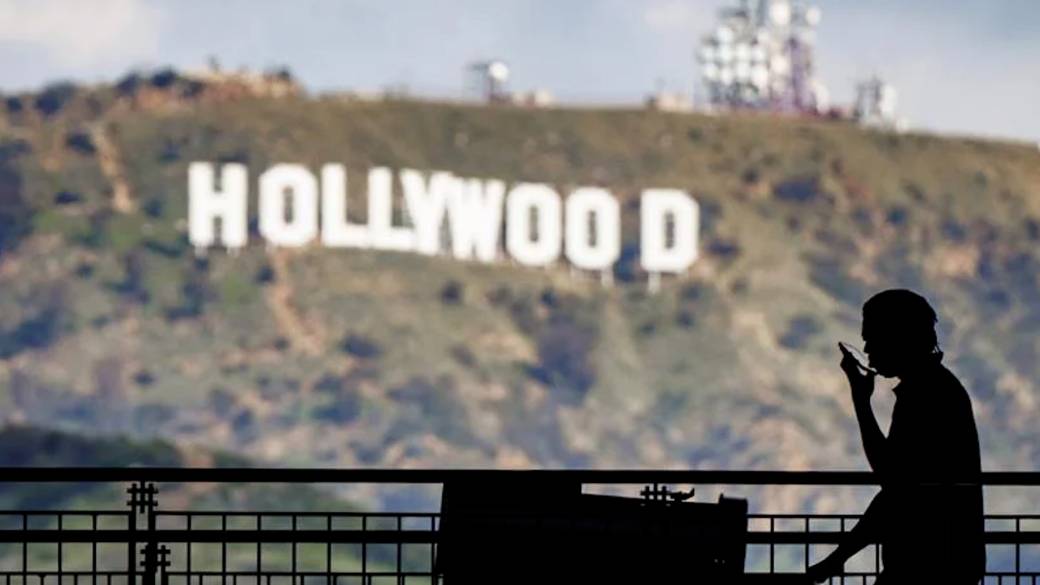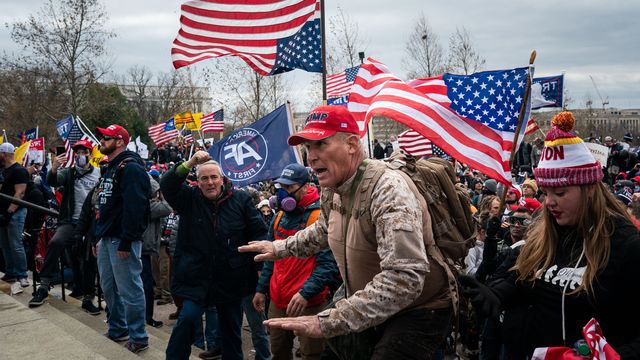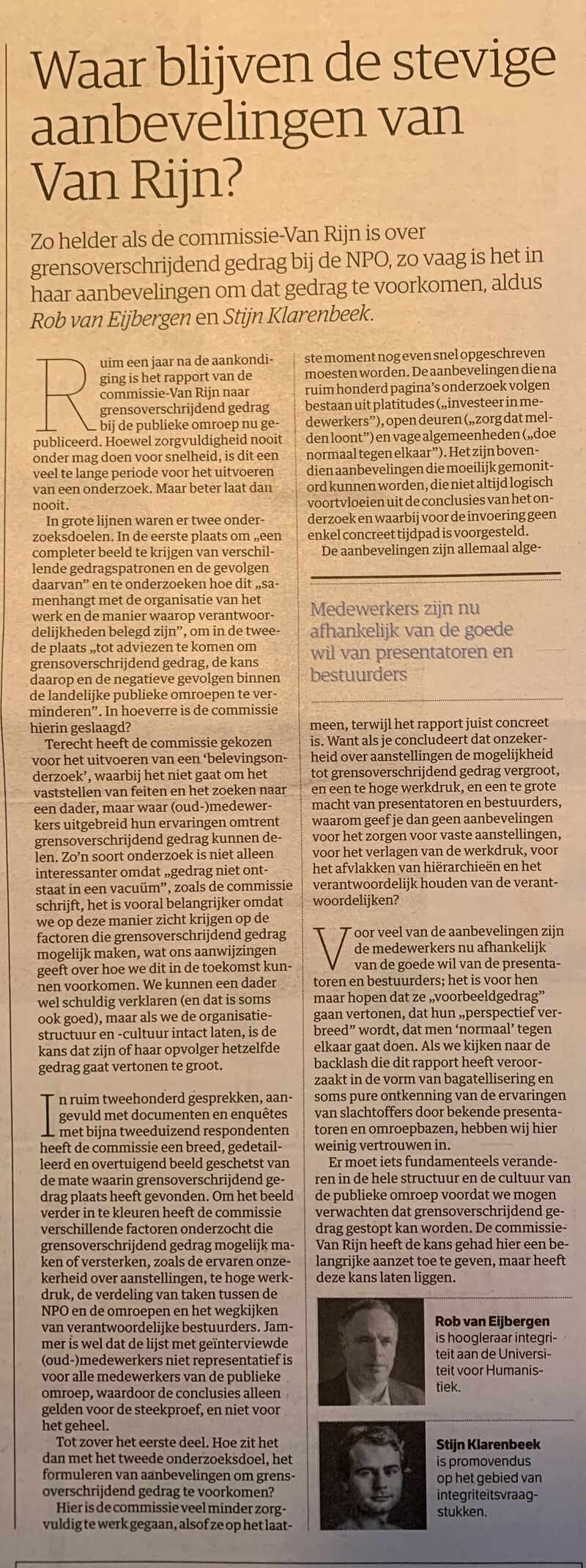Hollywood Shutdown: Actors And Writers On Strike, Impacting Film And Television

Table of Contents
The Writers' Strike: Core Issues and Demands
The writers' strike, initiated by the Writer's Guild of America (WGA), is driven by several key concerns related to fair compensation, the rise of artificial intelligence, and improved working conditions.
Fair Wages and Residuals in the Streaming Era
The shift from traditional broadcast models to streaming has dramatically altered the compensation landscape for writers. While network television offered residuals (ongoing payments based on reruns and syndication), streaming platforms often pay a single upfront fee, regardless of a show's success and longevity. This has led to significant income disparity for writers. The WGA is demanding a fairer share of streaming revenue, including a return to a more equitable residual system.
- Traditional Television: Writers received residuals from syndication, reruns, and international sales, ensuring ongoing income from successful shows.
- Streaming Services: Writers typically receive a single payment, with limited or no residuals, regardless of a show's global reach and repeated viewership. This often translates to significantly lower overall earnings.
- The WGA's Demand: A fairer share of streaming revenue, including a percentage of profits and a structured residual system tied to streaming viewership.
The Fight Against AI
The WGA is deeply concerned about the potential misuse of artificial intelligence (AI) in scriptwriting. They fear that AI could be used to replace writers, devalue their creative work, and undermine their job security. The union is demanding safeguards to prevent the exploitation of AI and ensure that human writers retain control over the creative process.
- AI-Generated Scripts: Concerns exist about studios using AI to generate scripts cheaply, undercutting the need for human writers.
- AI as a Writing Tool: The WGA isn't necessarily against AI, but wants to ensure it's used as a tool to assist writers, not replace them.
- WGA's Demand: Regulations and safeguards to prevent AI from replacing human writers and devaluing their creative contributions.
Minimum Staffing Levels and Working Conditions
The writers' strike also addresses the issue of minimum staffing levels on productions. Understaffing leads to overworked writers, diminished writing quality, and an overall negative impact on the creative process. The WGA is demanding improved minimum staffing levels to ensure adequate support for writers and a healthier working environment.
- Understaffing's Impact: Leads to longer hours, compromised writing quality, and burnout among writers.
- Increased Workload: Fewer writers mean an increased workload for individual writers, impacting creativity and well-being.
- WGA's Demand: Increased minimum staffing levels on television and streaming productions to provide adequate support and prevent exploitation.
The Actors' Strike: Joining Forces for Change
SAG-AFTRA, the actors' union, joined the WGA on the picket lines, highlighting their own concerns about fair compensation, the use of AI, and working conditions.
Fair Compensation and Residuals
Similar to writers, actors have experienced a decline in compensation in the streaming era. Streaming platforms often offer smaller upfront payments and limited or no residuals compared to traditional television and film. SAG-AFTRA is demanding a fairer share of streaming revenue and improved residual structures.
- Traditional Film/TV: Actors earned residuals from syndication, home video sales, and other forms of distribution.
- Streaming Services: Residuals are often significantly reduced or nonexistent, resulting in lower overall earnings for actors.
- SAG-AFTRA's Demand: A fairer share of streaming revenue and a revised residual system that reflects the widespread reach and repeated viewership of streaming platforms.
Protecting Actors from AI and Self-Taping
Actors are also concerned about the use of AI to create deepfakes and other digital representations that could replace actors entirely. The rise of self-taping, while offering some convenience, has also raised concerns about exploitation and the erosion of industry standards.
- AI Deepfakes: The potential for studios to utilize AI to replicate actors' likenesses without their consent or compensation.
- Self-Taping Exploitation: Actors may be required to provide their own equipment and locations, leading to potential cost burdens and unsafe working conditions.
- SAG-AFTRA's Demand: Safeguards against the misuse of AI and protections against exploitation related to self-taping.
Issues Related to Working Conditions and Exploitation
SAG-AFTRA’s concerns extend to working conditions, including long hours, insufficient rest periods, and exposure to potentially unsafe working environments. They're demanding improvements to protect actors' well-being and prevent exploitation.
- Long Hours and Overwork: Actors often face grueling schedules and excessive work hours.
- Unsafe Working Conditions: Concerns about safety protocols and potential hazards on set.
- SAG-AFTRA's Demand: Improved working conditions, stronger safety regulations, and protections against exploitation.
The Impact of the Hollywood Shutdown
The Hollywood shutdown is having a significant ripple effect across the entertainment industry and beyond.
Delayed Film and Television Releases
Numerous film and television projects have been delayed or indefinitely postponed due to the strike. This includes major studio releases, anticipated streaming series, and independent productions.
- Major Studio Films: Blockbuster movies facing potential release date delays.
- Streaming Series: Popular shows experiencing production halts.
- Independent Productions: Smaller projects facing significant challenges.
Economic Consequences for the Industry and Beyond
The strike is causing substantial economic losses, not only for the entertainment industry but also for related sectors, such as hospitality, catering, and local businesses that rely on film and television productions.
- Industry Losses: Billions of dollars in lost revenue for studios, streaming services, and production companies.
- Ripple Effects: Impacts on related industries like tourism, transportation, and local economies.
- Economic Data: Estimates on the overall financial impact of the strike are constantly evolving.
The Impact on Viewers and Consumers
Viewers are experiencing delays in the release of anticipated movies and TV shows. Streaming services may also face programming schedule disruptions, leading to potential subscriber dissatisfaction.
- Delayed Releases: Anticipated movies and shows are postponed indefinitely.
- Streaming Service Impacts: Streaming platforms face challenges in maintaining content schedules.
- Viewer Frustration: Fans express concerns about delays and uncertainty regarding future releases.
Conclusion
The Hollywood shutdown, fueled by the simultaneous writers' and actors' strikes, is a significant event with far-reaching consequences. The issues raised—fair compensation in the streaming era, the ethical use of AI, and improved working conditions—highlight critical challenges facing the entertainment industry. Understanding the complexities of this situation is crucial for appreciating its impact on the future of film and television. Stay informed about the ongoing developments in this Hollywood shutdown and continue to support fair labor practices in the entertainment industry. We need to ensure that the creative voices behind our favorite movies and shows are fairly compensated and protected. The future of Hollywood depends on resolving this Hollywood shutdown fairly and equitably.

Featured Posts
-
 Where To Watch The Padres In 2025 Full Broadcast Schedule
May 15, 2025
Where To Watch The Padres In 2025 Full Broadcast Schedule
May 15, 2025 -
 Trump Supporter Ray Epps Defamation Lawsuit Against Fox News A Deep Dive Into The January 6th Allegations
May 15, 2025
Trump Supporter Ray Epps Defamation Lawsuit Against Fox News A Deep Dive Into The January 6th Allegations
May 15, 2025 -
 Us China Trade Deadlock A Detailed Analysis Of The Resolution
May 15, 2025
Us China Trade Deadlock A Detailed Analysis Of The Resolution
May 15, 2025 -
 Ohtanis Walk Off Blast Dodgers Suffer Historic 8 0 Defeat
May 15, 2025
Ohtanis Walk Off Blast Dodgers Suffer Historic 8 0 Defeat
May 15, 2025 -
 Grensoverschrijdend Gedrag Bij De Npo Maatregelen En Verbeterpunten
May 15, 2025
Grensoverschrijdend Gedrag Bij De Npo Maatregelen En Verbeterpunten
May 15, 2025
Latest Posts
-
 Shohei Ohtanis Walk Off Homer Dodgers Historic 8 0 Loss
May 15, 2025
Shohei Ohtanis Walk Off Homer Dodgers Historic 8 0 Loss
May 15, 2025 -
 Cubs Poteet Triumphs In Spring Training Abs Challenge
May 15, 2025
Cubs Poteet Triumphs In Spring Training Abs Challenge
May 15, 2025 -
 Ohtanis Walk Off Blast Dodgers Suffer Historic 8 0 Defeat
May 15, 2025
Ohtanis Walk Off Blast Dodgers Suffer Historic 8 0 Defeat
May 15, 2025 -
 Chicago Cubs Pitcher Cody Poteet Wins First Spring Training Abs Challenge
May 15, 2025
Chicago Cubs Pitcher Cody Poteet Wins First Spring Training Abs Challenge
May 15, 2025 -
 Cody Poteets Successful Abs Challenge A Chicago Cubs Spring Training Win
May 15, 2025
Cody Poteets Successful Abs Challenge A Chicago Cubs Spring Training Win
May 15, 2025
